
Franklin Delano Roosevelt, commonly known by his initials FDR, was the 32nd president of the United States, serving from 1933 until his death in 1945. The longest-serving U.S. president, he is the only president to have served more than two terms. His initial two terms were centered on combating the Great Depression, while his third and fourth saw him shift his focus to America's involvement in World War II.

Wendell Lewis Willkie was an American lawyer, corporate executive and the 1940 Republican nominee for president. Willkie appealed to many convention delegates as the Republican field's only interventionist: although the U.S. remained neutral prior to Pearl Harbor, he favored greater U.S. involvement in World War II to support Britain and other Allies. His Democratic opponent, incumbent President Franklin D. Roosevelt, won the 1940 election with about 55% of the popular vote and took the electoral college vote by a wide margin.

The 1944 United States presidential election was the 40th quadrennial presidential election. It was held on Tuesday, November 7, 1944. The election took place during World War II, which ended the following year. Incumbent Democratic President Franklin D. Roosevelt defeated Republican Thomas E. Dewey to win an unprecedented fourth term. It was also the fifth presidential election in which both major party candidates were registered in the same home state; the others have been in 1860, 1904, 1920, 1940, and 2016.

Henry Agard Wallace was an American politician, journalist, farmer, and businessman who served as the 33rd vice president of the United States, from 1941 to 1945, under President Franklin D. Roosevelt. He served as the 11th U.S. secretary of agriculture and the 10th U.S. secretary of commerce. He was the nominee of the new Progressive Party in the 1948 presidential election.

Sunrise at Campobello is a 1960 American biographical film telling the story of the struggles of future President of the United States Franklin D. Roosevelt and his family when Roosevelt was stricken with paralysis at the age of 39 in August 1921. Based on Dore Schary's 1958 Tony Award-winning Broadway play of the same name, the film was directed by Vincent J. Donehue and stars Ralph Bellamy, Greer Garson, Hume Cronyn and Jean Hagen.

Anna Eleanor Roosevelt Halsted was an American writer who worked as a newspaper editor and in public relations. Halsted also wrote two children's books published in the 1930s. She was the eldest child and only daughter of U.S. President Franklin D. Roosevelt and First Lady Eleanor Roosevelt. Halsted assisted her father as his advisor during World War II.

Harold Lloyd "Harry" Hopkins was an American statesman, public administrator, and presidential advisor. A trusted deputy to President Franklin Delano Roosevelt, Hopkins directed New Deal relief programs before serving as the eighth United States secretary of commerce from 1938 to 1940 and as Roosevelt's chief foreign policy advisor and liaison to Allied leaders during World War II. During his career, Hopkins supervised the New York Temporary Emergency Relief Administration, the Federal Emergency Relief Administration, the Civil Works Administration, and the Works Progress Administration, which he built into the largest employer in the United States. He later oversaw the $50 billion Lend-Lease program of military aid to the Allies and, as Roosevelt's personal envoy, played a pivotal role in shaping the alliance between the United States and the United Kingdom.

Lorena Alice "Hick" Hickok was an American journalist and long-term friend and possibly romantic partner of First Lady Eleanor Roosevelt.
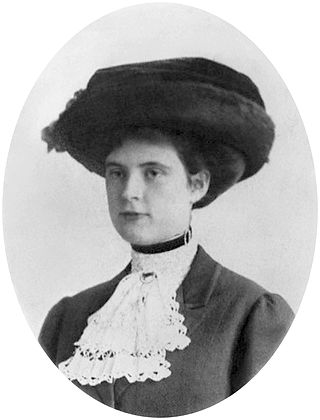
Lucy Mercer Rutherfurd was an American woman who sustained a long affair with US president Franklin D. Roosevelt.
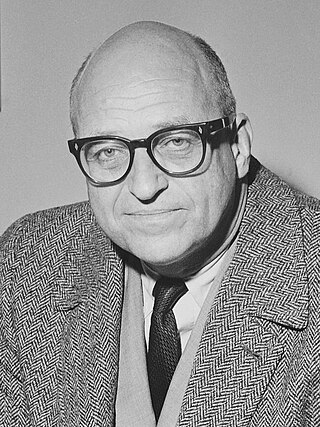
James Roosevelt II was an American businessman, Marine, activist, and Democratic Party politician. The eldest son of President Franklin D. Roosevelt and Eleanor Roosevelt, he served as an official Secretary to the President for his father and was later elected to the United States House of Representatives representing California, serving 5 terms from 1955 to 1965. He received the Navy Cross while serving as a Marine Corps officer during World War II.

Doris Helen Kearns Goodwin is an American biographer, historian, former sports journalist, and political commentator. She has written biographies of numerous U.S. presidents. Goodwin's book No Ordinary Time: Franklin and Eleanor Roosevelt: The Home Front in World War II won the Pulitzer Prize for History in 1995. Goodwin produced the American television miniseries Washington. She was also executive producer of "Abraham Lincoln,” a 2022 docudrama on the History Channel. This latter series was based on Goodwin's Leadership in Turbulent Times.
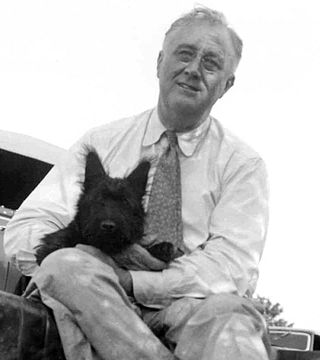
Fala, a Scottish Terrier, was the dog of United States president Franklin D. Roosevelt. One of the most famous presidential pets, Fala was taken to many places by Roosevelt. Given to the Roosevelts by a cousin, Fala knew how to perform tricks; the dog and his White House antics were mentioned frequently by the media and often referenced by Roosevelt and his wife Eleanor. Fala outlived Roosevelt by seven years and was buried near him.

Marguerite Alice "Missy" LeHand was a private secretary to U.S. President Franklin D. Roosevelt (FDR) for 21 years. According to LeHand's biographer Kathryn Smith in The Gatekeeper, she eventually functioned as White House Chief of Staff, the only woman in American history to do so.
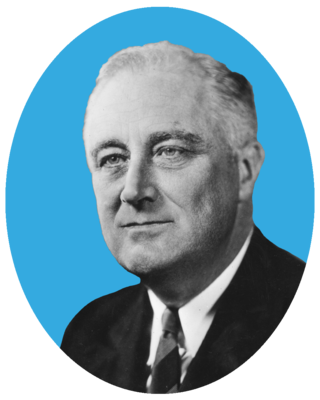
The 1940 Democratic National Convention was held at the Chicago Stadium in Chicago, Illinois from July 15 to July 18, 1940. The convention resulted in the nomination of President Franklin D. Roosevelt for an unprecedented third term. Secretary of Agriculture Henry A. Wallace from Iowa was nominated for vice president.
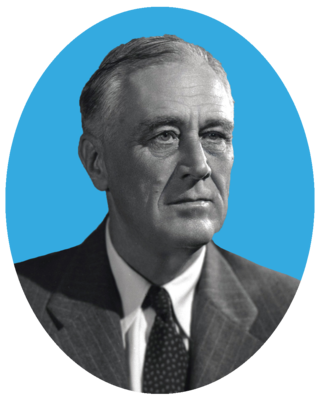
The 1944 Democratic National Convention was held at the Chicago Stadium in Chicago, Illinois from July 19 to July 21, 1944. The convention resulted in the nomination of President Franklin D. Roosevelt for an unprecedented fourth term. Senator Harry S. Truman of Missouri was nominated for vice president. Including Roosevelt's nomination for the vice-presidency in 1920, it was the fifth time Roosevelt had been nominated on a national ticket. The keynote address was given by Governor Robert S. Kerr of Oklahoma, in which he "gave tribute to Roosevelt's war leadership and New Deal policies."
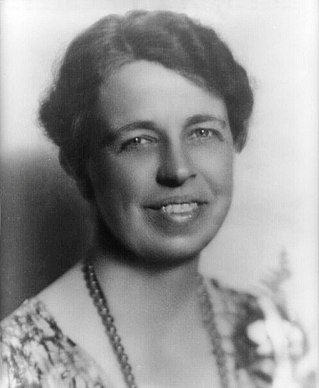
Anna Eleanor Roosevelt was an American political figure, diplomat, and activist. She was the first lady of the United States from 1933 to 1945, during her husband Franklin D. Roosevelt's four terms as president, making her the longest-serving first lady of the United States. Through her travels, public engagement, and advocacy, she largely redefined the role of first lady. Roosevelt then served as a United States Delegate to the United Nations General Assembly from 1945 to 1952, and took a leading role in designing the text and gaining international support for the Universal Declaration of Human Rights. In 1948, she was given a standing ovation by the assembly upon their adoption of the declaration. President Harry S. Truman later called her the "First Lady of the World" in tribute to her human rights achievements.

The Smith–Connally Act or War Labor Disputes Act was an American law passed on June 25, 1943, over President Franklin D. Roosevelt's veto. The legislation was hurriedly created after 400,000 coal miners, their wages significantly lowered because of high wartime inflation, struck for a $2-a-day wage increase.
Malvina "Tommy" Thompson was a private secretary and personal aide to First Lady Eleanor Roosevelt. She was a pioneer of the East Wing staff, being the first staffer for a First Lady of the United States who was not a social secretary.
This bibliography of Franklin D. Roosevelt is a selective list of scholarly works about Franklin D. Roosevelt, the thirty-second president of the United States (1933–1945).

Anna Eleanor Roosevelt was the First Lady of the United States, from March 4, 1933 to April 12, 1945; as the wife of President Franklin D. Roosevelt. Because her husband was the longest-serving president, Eleanor is the longest-serving First Lady.



















